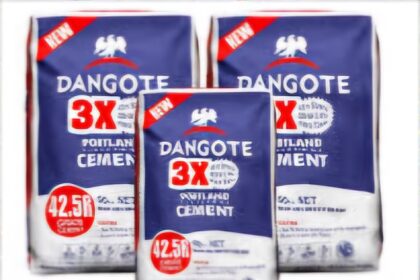The Central Bank of Nigeria (CBN) has released new guidelines for its intervention funds, reducing its intervention rates to banks from 3 percent to 1 percent. The rates are part of the Real Sector Support Fund (RSSF), a programme set up to lend money to small and medium sized enterprises, and also help expand existing ones.
Many banks shunned the fund from the CBN at the original rate of 3 percent because it didn’t favour them. Banks usually lent money to businesses at the rate of 9 percent. However, the 6 percent difference in the rates was not enough to cover the risks of lending money to the targeted businesses and many banks, thereafter, became reluctant to lend from the CBN. That decision has affected small and medium sized businesses.
This new tweak to the CBN’s special intervention policy is set to encourage more small businesses, especially now that the Nigerian economy is set to be diversified. The RSSF would provide funds for businesses in sectors such as manufacturing, mining, and agriculture. For each RSSF granted any business, it has a maximum period of 10 years to be returned depending on the type of business’ “cash flow and life of the underlying collateral.”
However, the fund rules out the trading sector, because its priorities are to businesses that would generate “high local content, import substitution, foreign exchange earnings and huge potential for job creation.”
To qualify to access the RSSF “a borrower must be an entity falling within the definition of an SME and/or manufacturer and wholly-owned and managed Nigerian private registered under the Companies and Allied Matters Act of 1990. It must also be a legal business operated as a sole proprietorship and be a member of the relevant Organised Private Sector Associations such as MAN, NASME, NACCIMA, NASSI etc.”
The fund also allows for a moratorium of one year, after the 10 years, but interest still remains at 9 percent yearly. This means the N 2.02trn set aside by the CBN in September last year for the fund could see more banks get involved now that the rates have been reduced.
However, the draw-downs each bank would receive depends on its contribution to a Special Intervention Reserves account domiciled in the apex bank. The repayments would be gradually repaid to the CBN quarterly into the same SIR accounts.
-Venturesafrica


